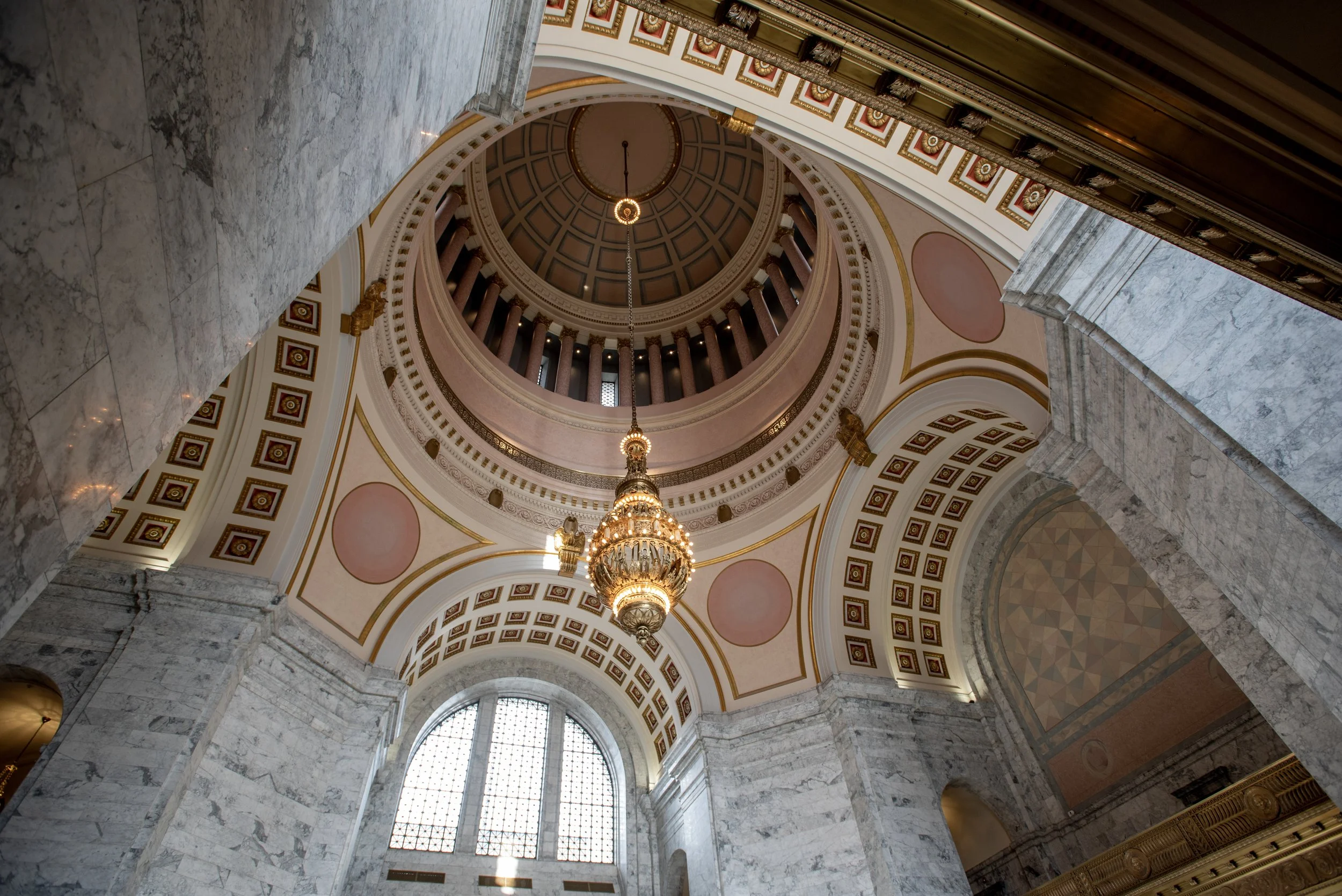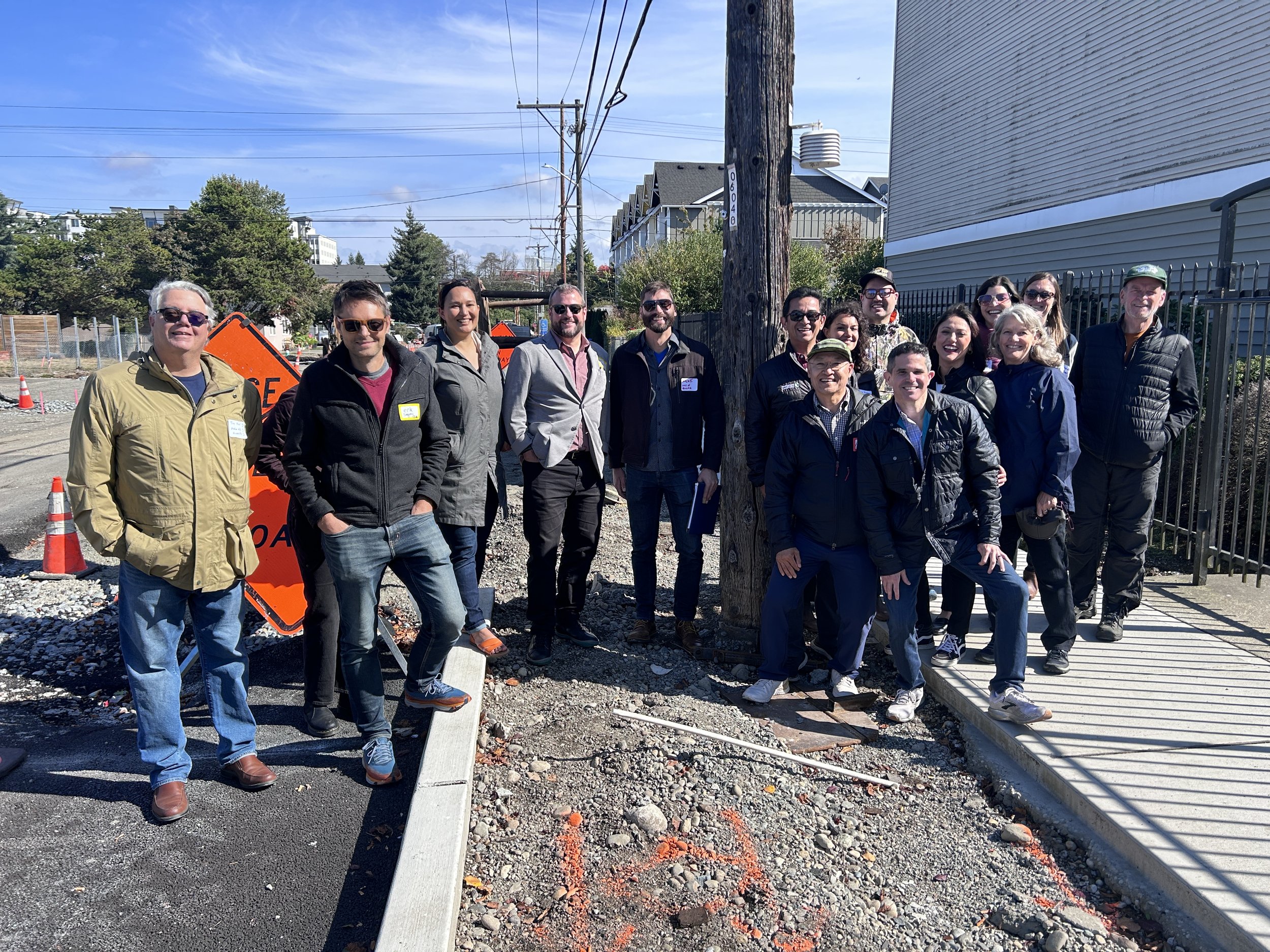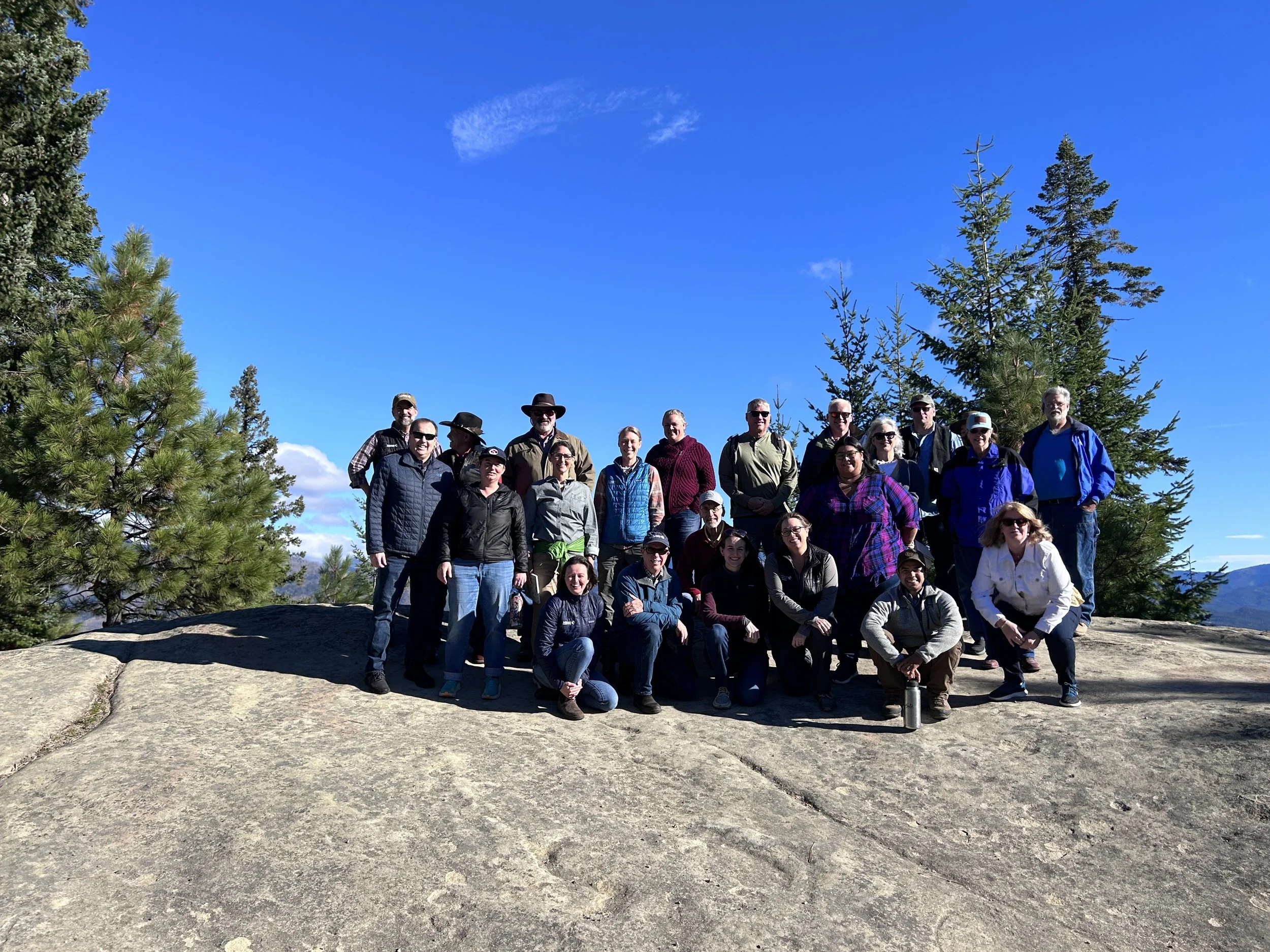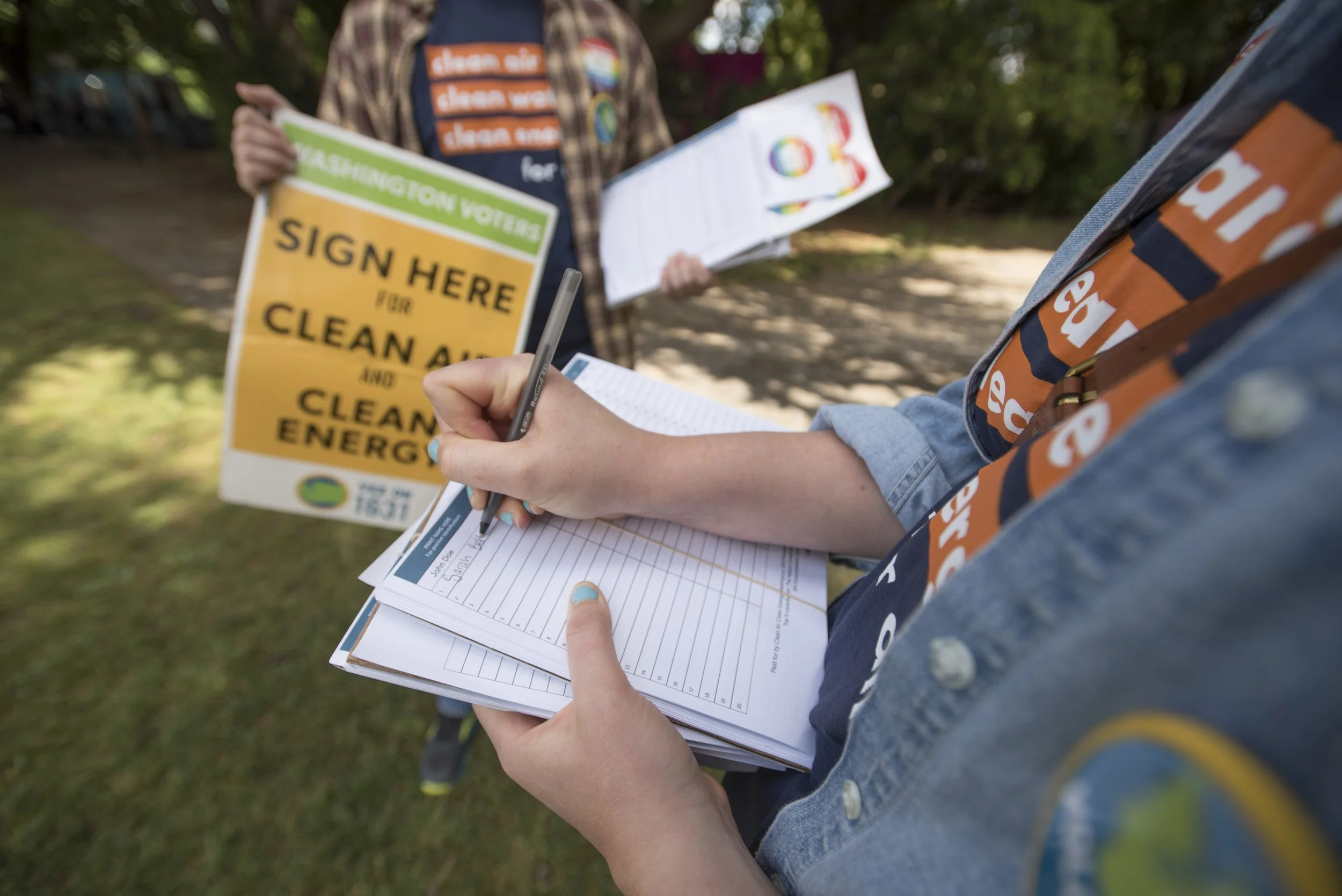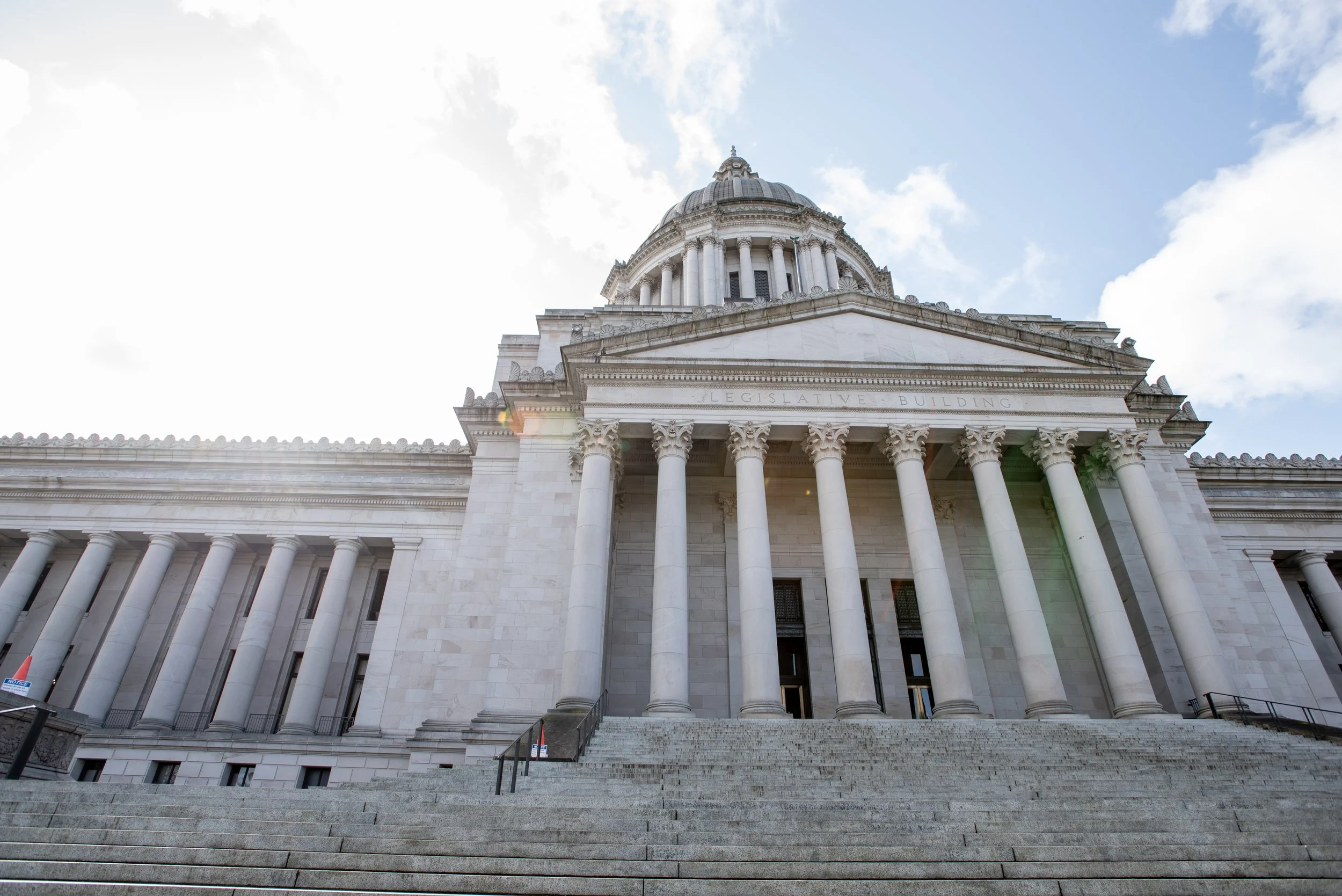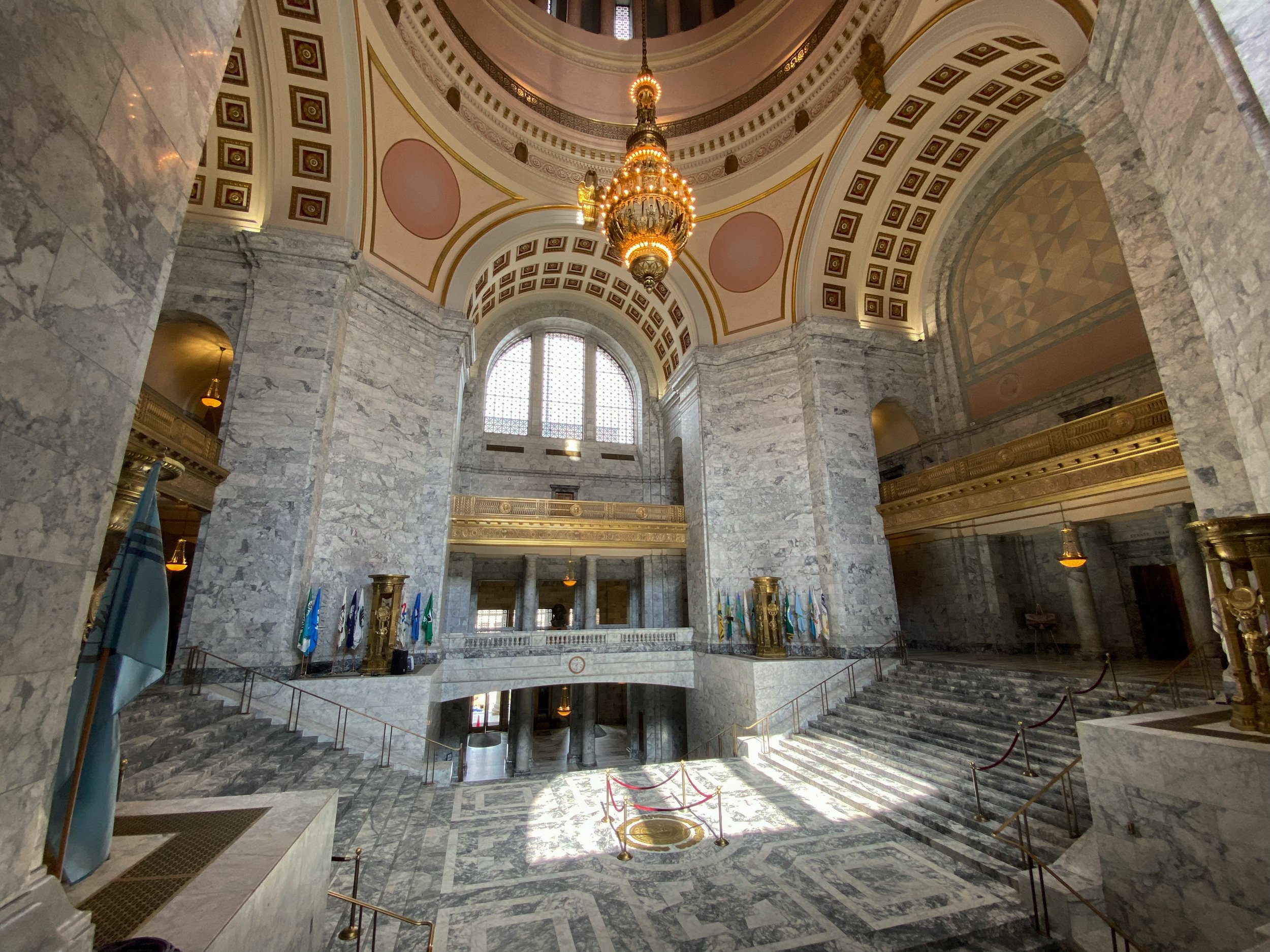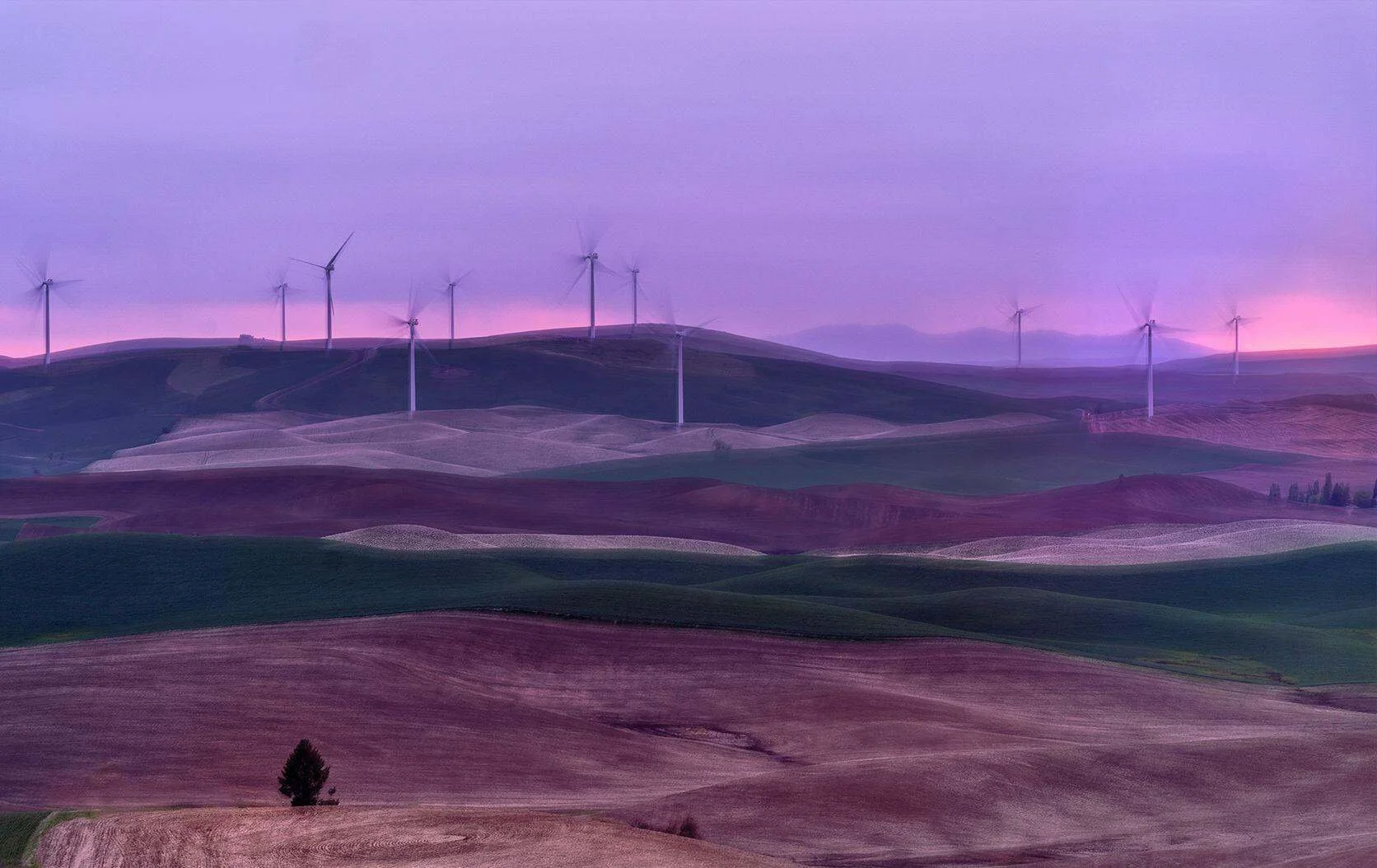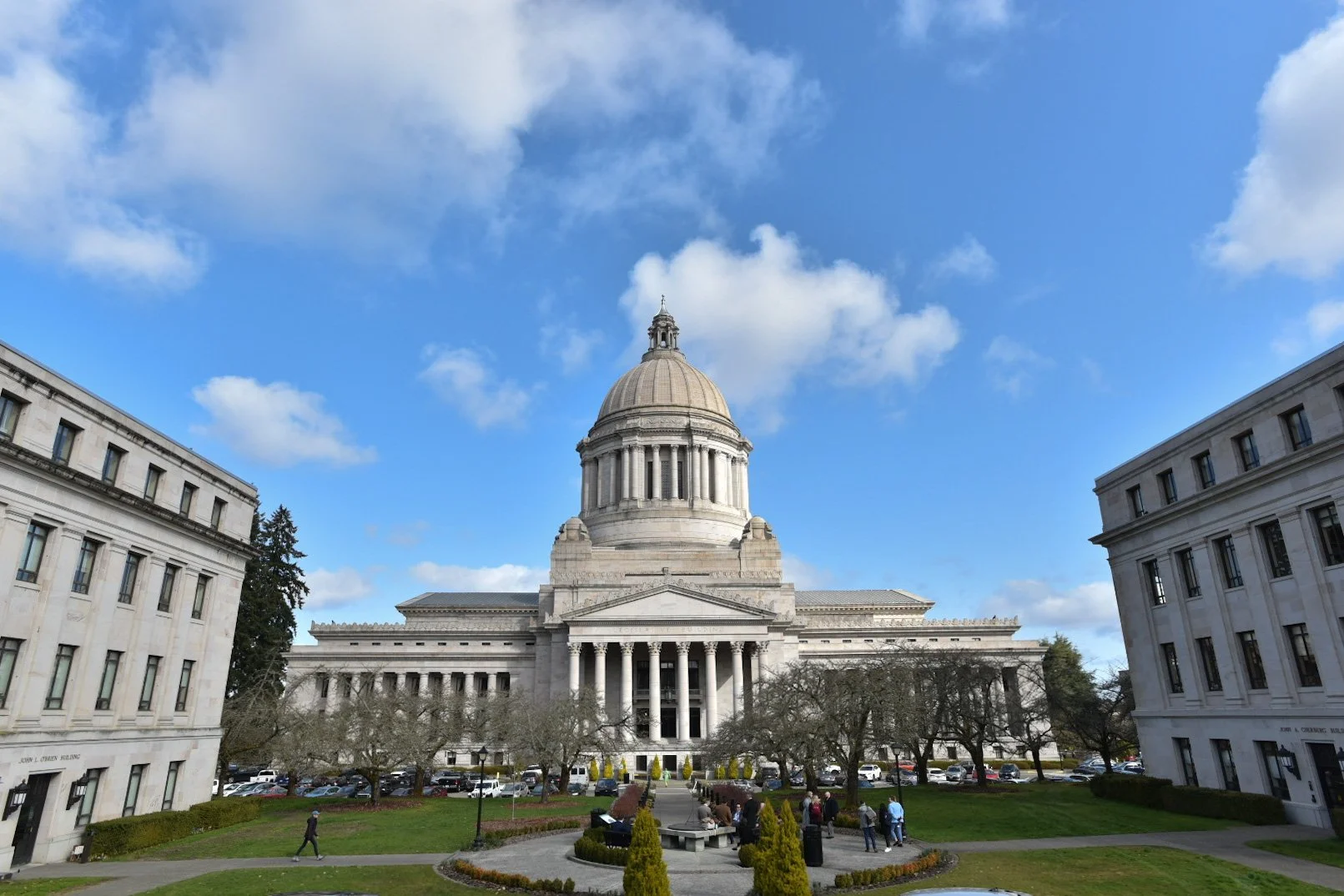By Tom Bugert, State Legislative Director
Last week, the Washington Legislature adjourned without adopting a capital budget for the 2017-19 biennium.
They were close: all four caucuses — the House Democrats, House Republicans, Senate Democrats and Senate Republicans — had all agreed on a capital budget early last week. The budget agreement included more than $350 million for conservation projects and priorities, a testament to the high value the Legislature places on these programs, which provide multiple benefits in Washington.
We were glad to see lawmakers across the political spectrum show their support for reducing the risk of wildfires and catastrophic floods, restoring floodplains, protecting wildlife habitat, improving recreational opportunities and restoring ecosystems and economic livelihoods in every corner of our state.
But the agreement was never brought to a vote for official passage. Senate majority leaders held firm in their position to not bring a capital budget bill to the floor for a vote until an agreement could be reached on a state Supreme Court ruling known as the Hirst decision, which relates to rural water rights.
Access to water is a critical issue for families across the state. And in a state experiencing the effects of climate change alongside a population boom, the management of our water is an increasingly urgent and complex issue.
Water-rights issues are complicated, personal and often contentious — for that reason, we recommend looking at a couple of different perspectives on how the final week of the Hirst/capital budget debate played out by reading articles from the Capital Press, The Seattle Times and The Spokesman Review.
The unprecedented lack of a capital budget leaves many unanswered questions. The Nature Conservancy collaborates with partners across Washington on conservation and restoration projects, such as the Washington Coast Restoration Initiative, Floodplains by Design and the Washington Wildlife and Recreation Program. Much of the funding for projects sponsored by these programs, and for the state agency staff time to run the programs themselves, comes from the state capital budget.
Without a capital budget, many projects that make communities safer, increase access to recreation opportunities, create jobs, restore salmon populations and provide myriad other benefits will be put on hold. Projects funded in previous years can move forward, since the Legislature did pass a reappropriations-only capital budget on July 1. But new state funding is unavailable for the foreseeable future. Project sponsors who were hoping to begin work on conservation, restoration and infrastructure projects must wait. It’s unclear how long the waiting period will be.
Gov. Jay Inslee has indicated he would call a fourth special session if lawmakers would agree to vote on a capital budget. But there is no telling how long it may take to reach such an agreement or if the Legislature will simply wait until next session in January to take up the task again.
We continue to monitor the news from Olympia. After a long session resulting in a capital budget agreement with good potential, we are hopeful lawmakers will come to a solution that is positive for people and nature.


